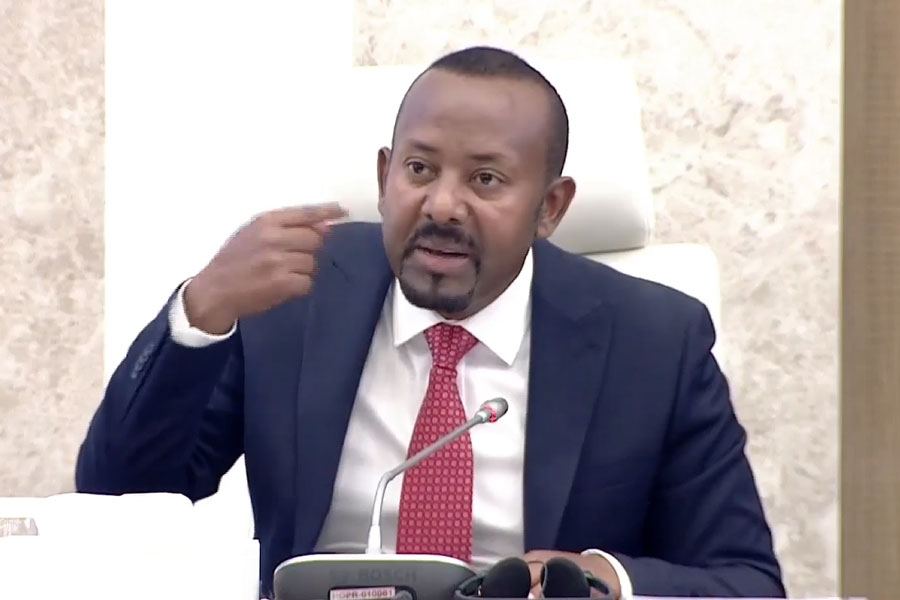
The mandate to approve cement supplies to public construction projects moved last week to the Ministry of Trade & Regional Integration (MoTRI).
Registrations to buy cement and approvals for sale were under the Construction Works Regulatory Authority. The Ministry signed a memorandum of understanding (MoU) with the regulatory Authority three months ago to provide public project services in registration, evaluation and approval.
Project owners are required to fill out a registration data collection form, helping the federal agency supervise progress on 230 projects. Its officials claim to have saved 1.5 million quintals of cement from landing in the hands of intermediaries.
The mandate was granted to the Authority, considering its access to professionals and competence to project demands.
However, the Ministry decided to rescind the responsibility due to the workload. The Ministry's officials argue this has created a lengthy and time-consuming process.
"There was a workload on the Authority," said Teshale Belihu, state minister for Trade.
Abebe Banjaw, the Authority's director for building standards, conceded.
''We couldn't operate due to the workload," he told Fortune.
The Ministry began allocating cement last week, prioritising eight public projects under Ethio telecom, the Federal Police, and the Defence, Education, and Health ministries.
Ministry of Health handles 600 projects in the capital and regional towns, including a two-storey regional laboratory facility under construction in Deber Berhan, 130Km northeast of the capital. The Ministry had placed a demand to buy 4,535qtl of cement two months ago. However, it is yet to receive the cement.
The Authority has sent a letter to the Trade Ministry, approving the Health Ministry's 62pc demand to see through the project completion in Debre Berhan in the next three months. However, the long and intricate cement supply chain has caused delays in public projects. Private projects have not been receiving supplies due to severe shortfalls in production.
"It would be better if projects get supplies directly from factories," said Taddese Yemane, infrastructure director at the Health Ministry.
Construction projects under sugar factories, Ethiopian Electric Power, universities and referral hospitals also require cement to complete projects under their oversight.
The Authority recently approved 214qtls of the nearly half a million quintals requested by Bule Hora, Wello, Debere Birhan, Haromaya, and Debre Markos universities.
The Authority's director argued that the gap between the demand and supply of cement should alert the government to focus on boosting cement production rather than controlling the distribution system.
Established in 1995, Samcon Engineering Plc handles construction works for regional offices, universities, and private residences. The construction of Borena University is one of the eight public projects it undertakes.
Samuel Sahlemariyam, the general manager, fears the Ministry reclaiming the mandate will roll back the cement supply chain.
"The Authority was handling the distribution procedure better," he told Fortune. ''This will only exacerbate the shortage."
The process gets more complicated when a third party, such as the Ministry, is involved in the supply chain. Industry players blame state interference in the cement market for recurrent shortages.
Kefelegn Hailu is an expert and business consultant who has been in the industry for over two decades. He argued that the situation aggravates whenever the government tries to get involved in the distribution process.
"This has been an issue for the last four years," said Kefelegne.
He called for a transparent distribution regime as the only way to deal with the problem.
The Construction Contractors Association, led by Girma Habtemariaman, is an industry lobby established 30 years ago. It represents close to 2,500 contractors.
Girma warns that the new process will pave the way for corruption as the Ministry is not positioned to forecast the volume of cement projects needed.
The national cement annual demand of 12 million tonnes exceeds production by four million tonnes. Shortages of inputs, spare parts, and security concerns in the area where four of the biggest plants operate impede manufacturers from operating at full capacity.
Derba Midroc Cement, owned by the business tycoon Mohammed Al-Amoudi (Sheikh) and his family, is among the country's largest cement producers. Incorporated in 2012 with a registered capital of 385 million dollars, it operates at 60pc capacity, made to supply public projects, mainly hydroelectric power plants such as the GERD and Koysha Dam.
The general manager Haile Assegid believes that changing the distribution channel will not address the fundamental problem in the market.
"Working on the production will be a solution," he said.
Haile hopes to see Derba's problems addressed and resume operations at full capacity.
PUBLISHED ON
[ VOL
, NO
]

Radar | Jul 13,2019
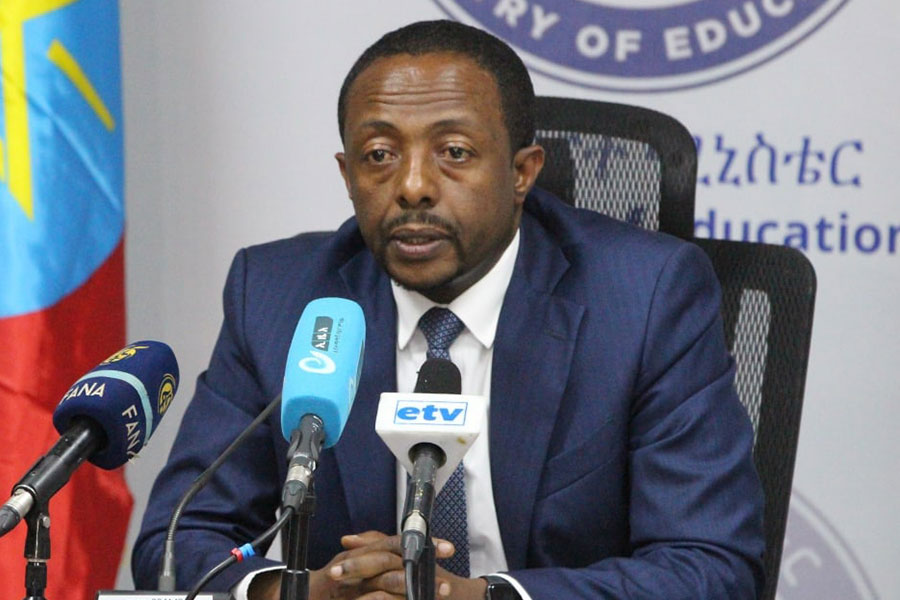
Fortune News | Aug 06,2022
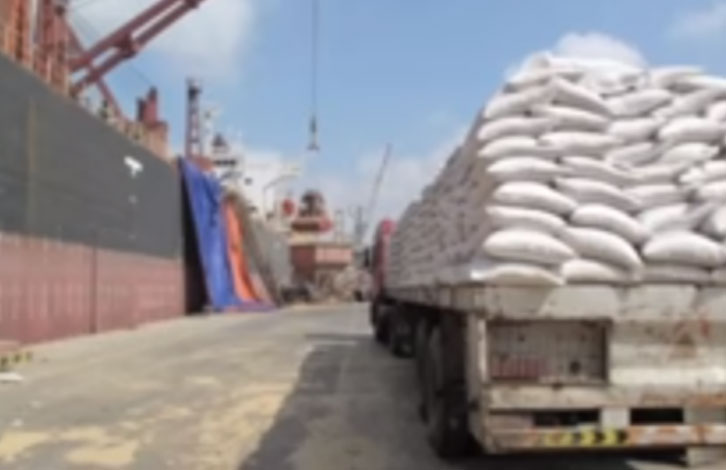
Fortune News | Apr 20,2019

Radar | Jul 24,2023
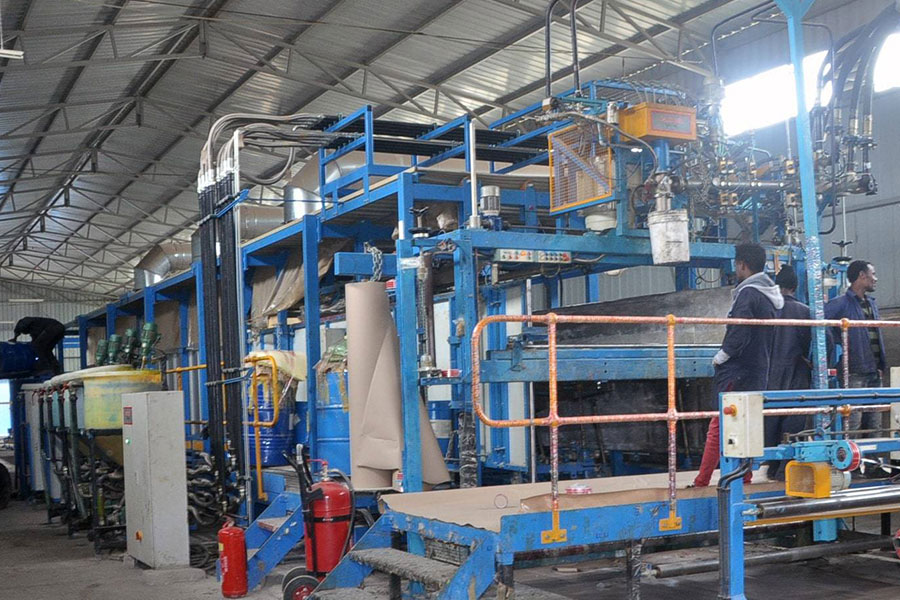
Fortune News | Mar 27,2021

Radar | Jan 03,2021
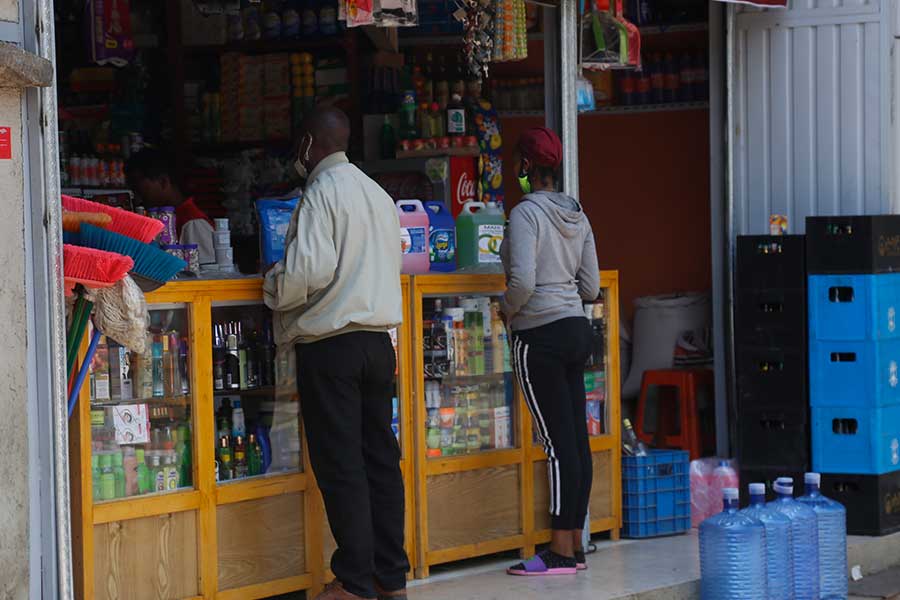
Featured | Jul 10,2020

Commentaries | Jun 10,2023
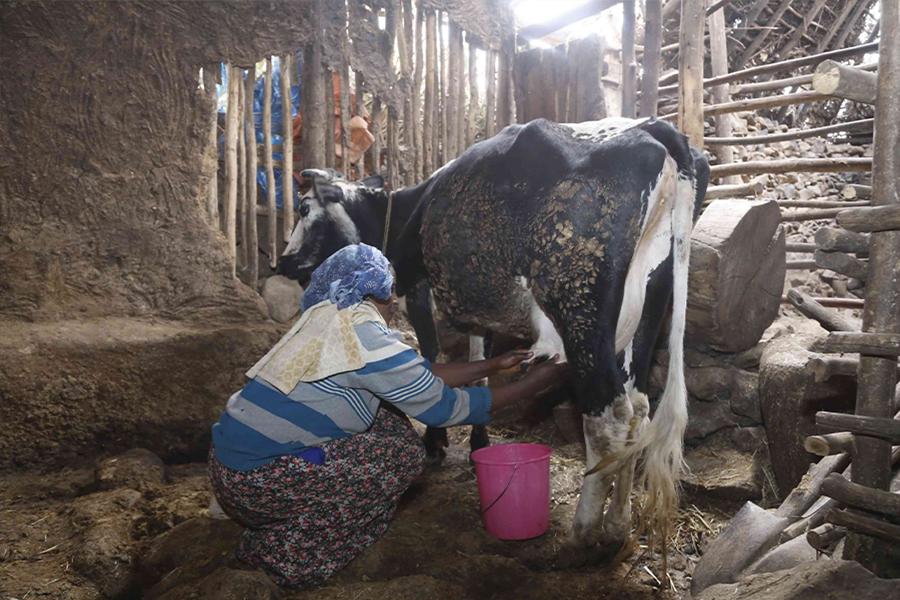
Agenda | May 17,2025

Advertorials | Apr 08,2024

Dec 22 , 2024 . By TIZITA SHEWAFERAW
Charged with transforming colossal state-owned enterprises into modern and competitiv...

Aug 18 , 2024 . By AKSAH ITALO
Although predictable Yonas Zerihun's job in the ride-hailing service is not immune to...

Jul 28 , 2024 . By TIZITA SHEWAFERAW
Unhabitual, perhaps too many, Samuel Gebreyohannes, 38, used to occasionally enjoy a couple of beers at breakfast. However, he recently swit...

Jul 13 , 2024 . By AKSAH ITALO
Investors who rely on tractors, trucks, and field vehicles for commuting, transporting commodities, and f...

Oct 25 , 2025
The regulatory machinery is on overdrive. In only two years, no fewer than 35 new pro...

Oct 18 , 2025
The political establishment, notably the ruling party and its top brass, has become p...

Oct 11 , 2025
Ladislas Farago, a roving Associated Press (AP) correspondent, arrived in Ethiopia in...

Oct 4 , 2025
Eyob Tekalegn (PhD) had been in the Governor's chair for only weeks when, on Septembe...